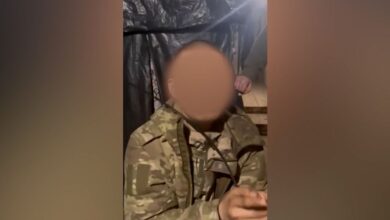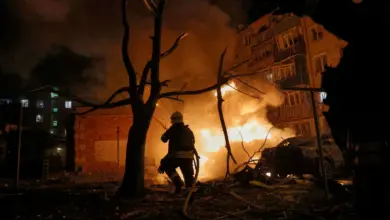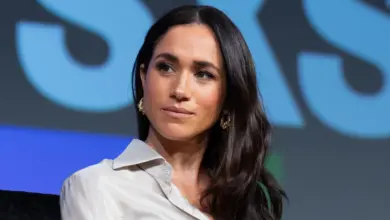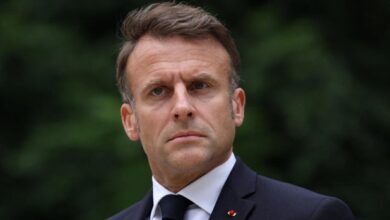
“There can be no compromise on territorial integrity, neither for Ukraine, nor for Slovakia, nor for any other country,” Foreign Ministry spokesman Oleh Nikolenko wrote on Facebook.
“Let’s be honest: if Ukraine is not secure, there will be no security, neither in Slovakia nor in Europe in general.”
In an interview with Slovak radio over the weekend, Fico offered a direct challenge to that idea, and the core position of most of his partners in the European Union.
Speaking just days ahead of a scheduled visit to Ukraine, Fico told the public broadcaster both Kyiv and Moscow would need to make painful compromises to bring the war to an end. For Ukraine, that meant accepting at least some of Russia’s gains.
“What are they expecting? That Russia will leave Donbas and Luhansk? Or that they will leave Crimea? No, that’s completely unrealistic. Everybody knows that,” Fico continued.
The Donbas and Luhansk are territories in eastern Ukraine, over parts of which Russia gained control in 2014, and from where it has expanded its territorial gains since launching its full-scale invasion in 2022. Crimea was also captured, and annexed, in 2014.
Widely seen as a pro-Kremlin figure, Fico won election in October, having run on a promise that he would block further military support for Ukraine – which he told the radio interviewer had been under the “total control of the United States” since 2014, when Ukrainians overthrew their pro-Moscow president Viktor Yanukovich.
In the European Union, he is closely aligned with Hungary’s Victor Orban and has been very open about his intentions to block Ukraine’s bid to join the EU and NATO. That blunt message would be repeated when he meets his Ukrainian counterpart, Denys Shmyhal, on Wednesday in the border town of Uzhhorod, he said.
“I will tell him that I am completely against Ukraine’s NATO membership and that I will veto it, because the only thing that would lead to is a Third World War.”
In a reversal of the policy of his predecessor, which saw Ukraine receive an air defense system and fighter jets from Slovakia, as well as other military aid, Fico also promised to tell his Ukrainian host that “he will not be getting any weapons from the Slovak Army” or from “Slovakia’s state stockpiles.”
Instead, he says he would bring an “offer of humanitarian help.”
Shmyhal’s office has not responded to a CNN enquiry about whether the visit will still go ahead.
Bringing a very different sort of message Monday to Ukraine was Poland’s new Prime Minister Donald Tusk, who met Ukrainian President Volodymyr Zelensky in Kyiv.
The two leaders discussed possible joint arms production, as well as what Zelensky referred to in a statement from his office as “a new form of our cooperation – aimed at a larger scale of arms purchases for Ukrainian needs,” though no further details were given.
Tusk told his host Poland would try to help Ukraine’s accession to the EU, “so that Ukraine’s full membership in the European Union becomes a fact as soon as possible.”
The two men also expressed confidence that they could achieve lasting solutions to disputes over Ukrainian grain exports and permit-free access to the European Union for Ukrainian truck drivers, which led to blockades for many weeks at border crossings between the two countries.




